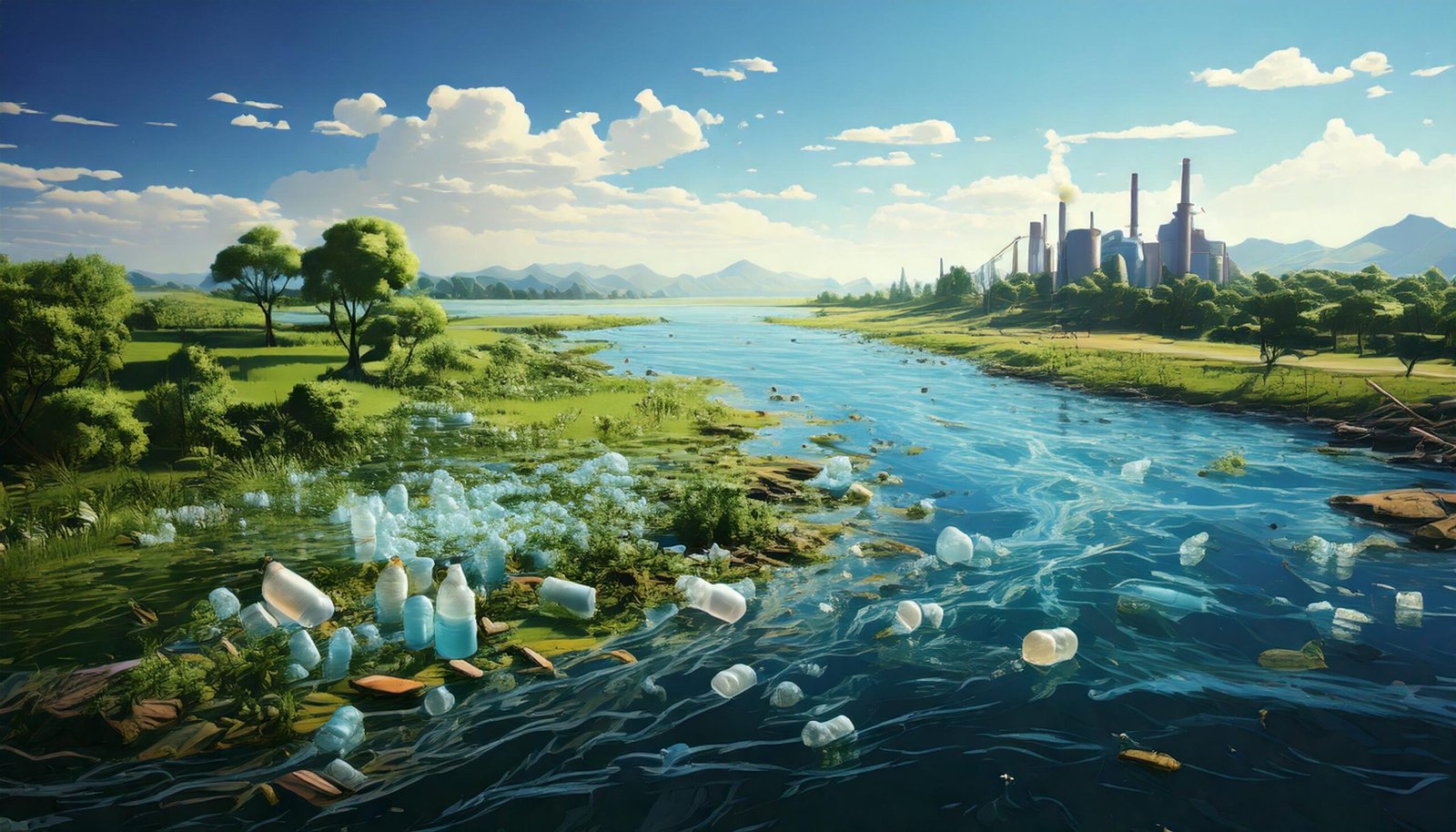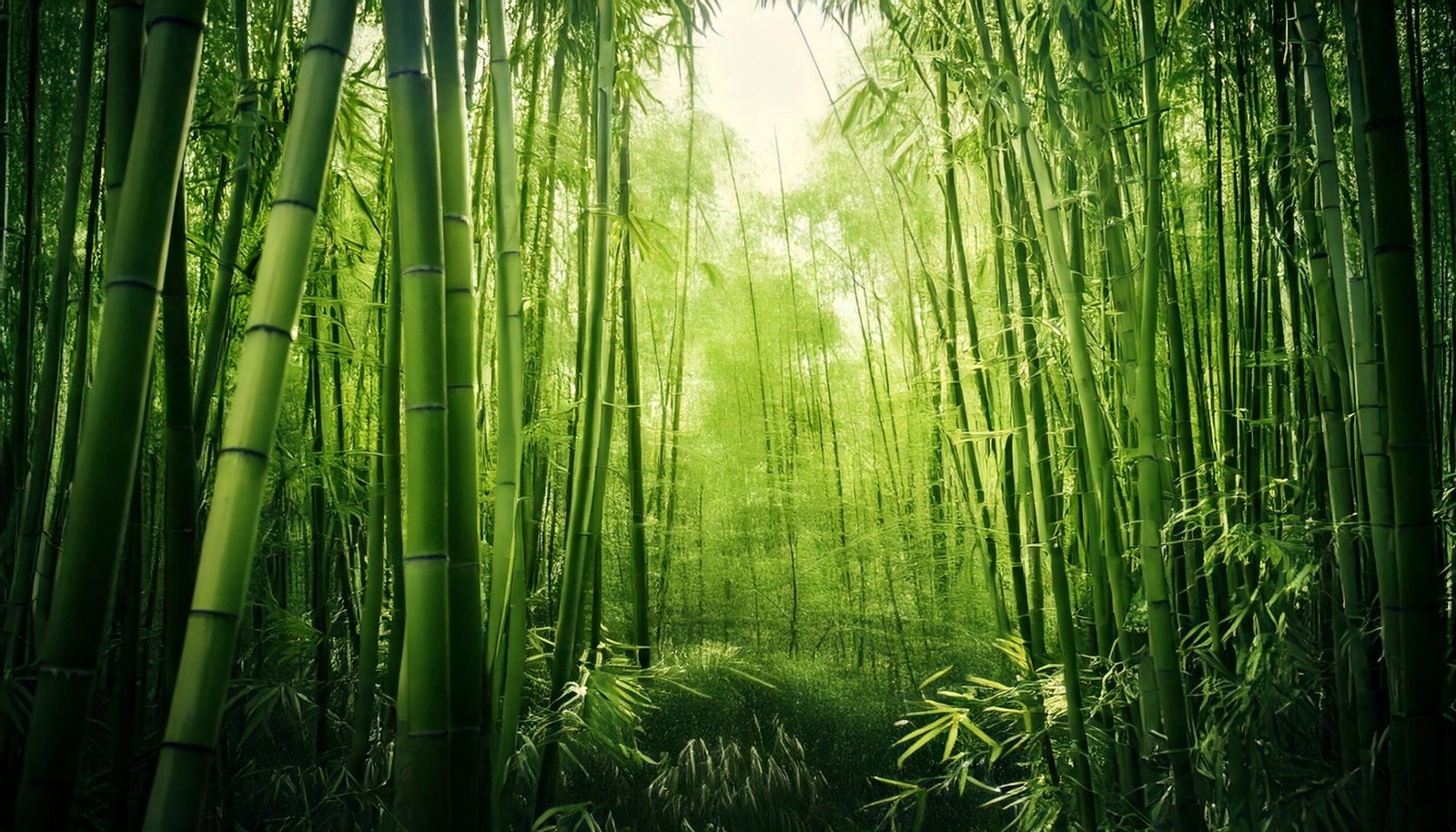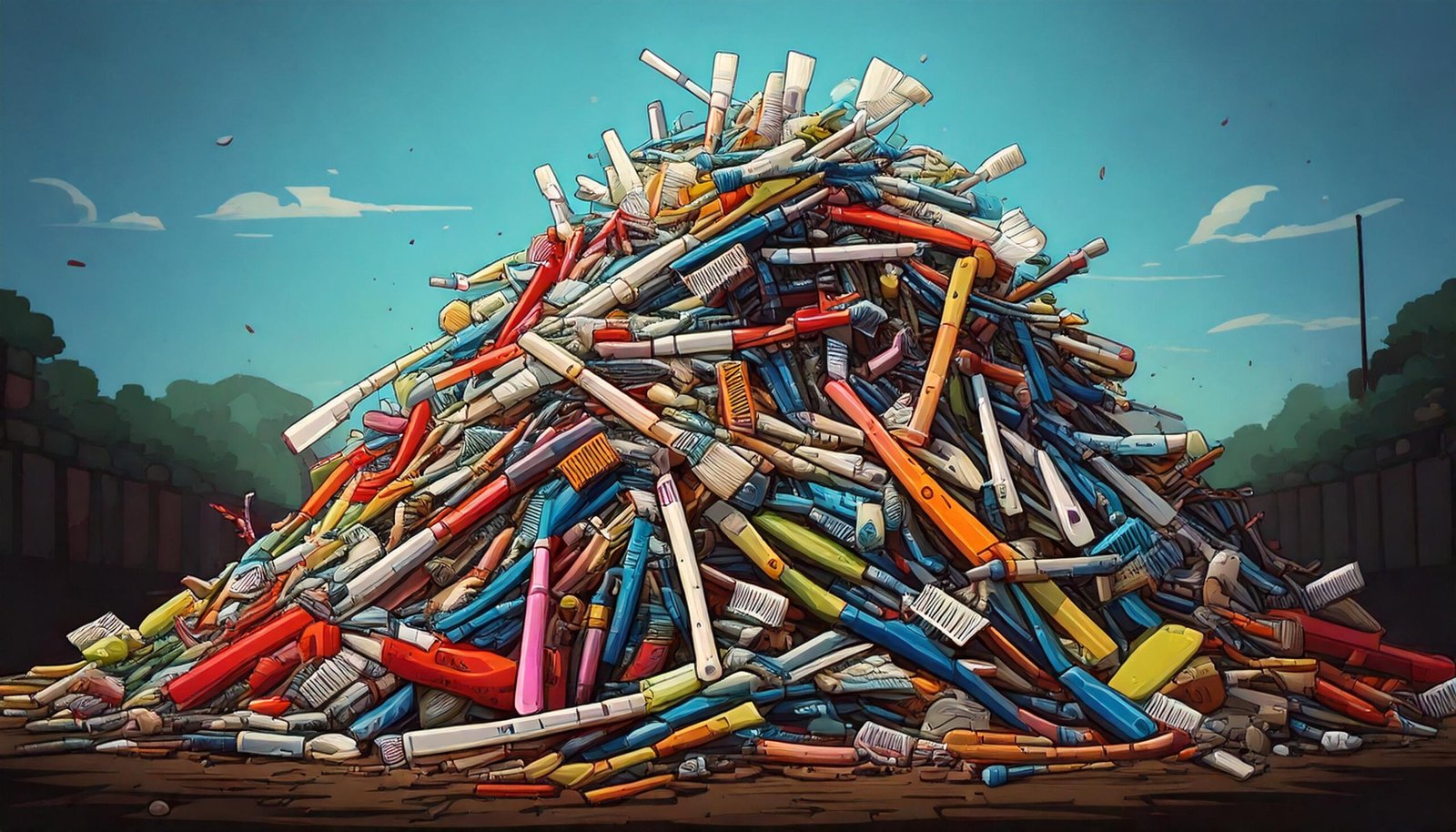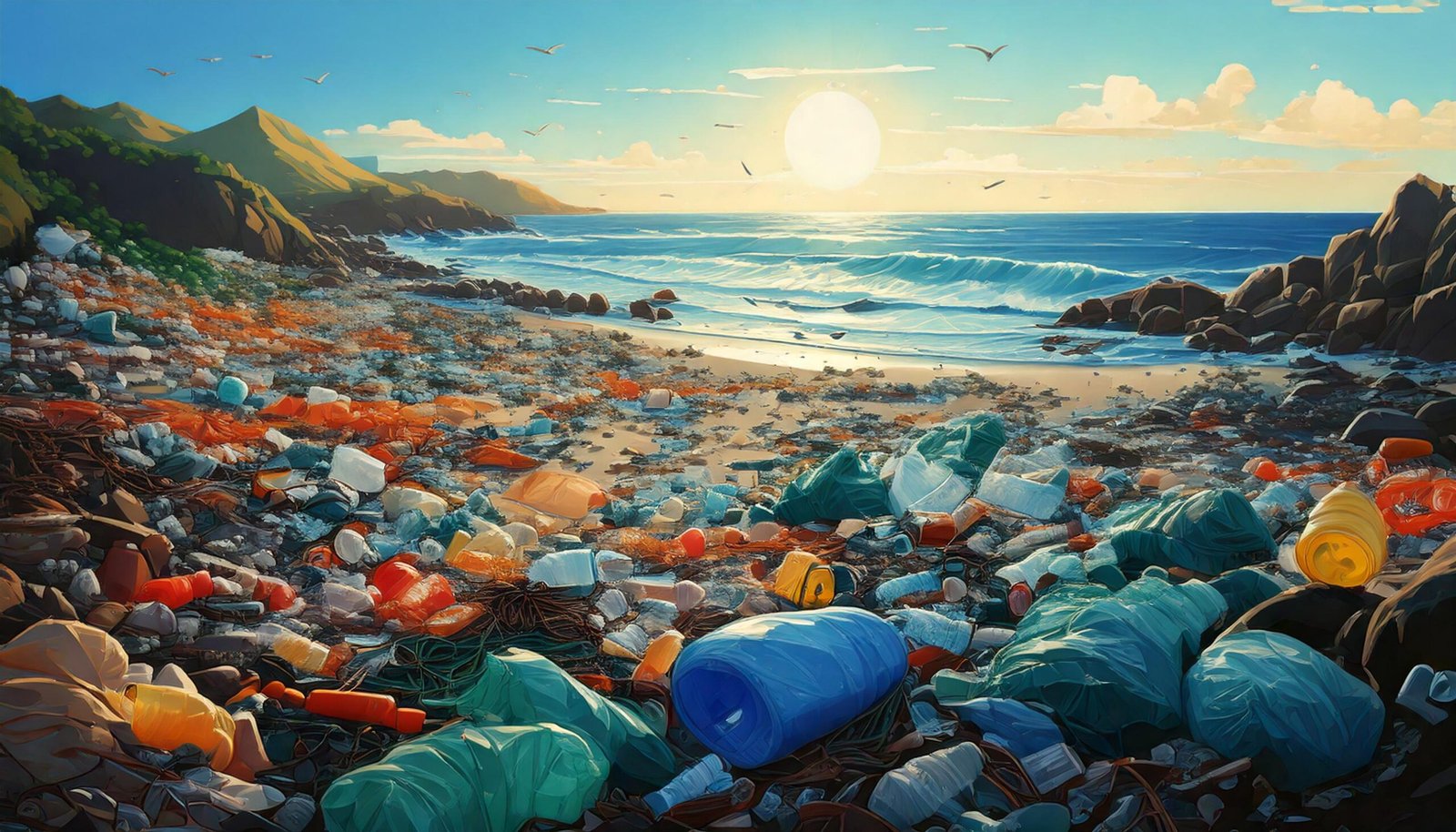The Environmental Impact of Bamboo
Unlike plastic, which can take centuries to decompose, bamboo is a fast-growing, renewable resource that requires minimal water and no pesticides to thrive. It is one of the most sustainable plants on the planet, growing up to 3 feet per day in ideal conditions. Bamboo can be harvested every 3 to 5 years, making it an incredibly efficient crop that doesn’t require replanting, unlike trees that can take decades to mature.
Bamboo products, such as toothbrushes, are biodegradable and break down naturally in the environment. In contrast, plastic products linger in landfills for hundreds of years, leaching harmful chemicals into the soil and water. By switching to bamboo, we can significantly reduce the amount of waste and pollution generated by single-use plastic items.
Bamboo Toothbrushes: A Simple Yet Powerful Change
One of the most popular bamboo products in the fight against pollution is the bamboo toothbrush. Traditional plastic toothbrushes are used by millions of people every day, contributing to the estimated 3.6 billion plastic toothbrushes that are thrown away annually. These toothbrushes, made from non-biodegradable plastic, end up in landfills or the ocean, where they pose a serious environmental threat.
Bamboo toothbrushes offer a simple solution to this problem. The handle of the toothbrush is made from bamboo, which is naturally biodegradable, while the bristles are often made from plant-based materials like nylon, which can be recycled. When disposed of properly, bamboo toothbrushes break down within a few months, unlike plastic toothbrushes that can persist in the environment for centuries.
By switching to bamboo toothbrushes, we reduce the demand for plastic, decrease landfill waste, and help prevent plastic pollution from entering our oceans. This small change in our daily routines can make a significant impact on the environment.
Sustainable and Versatile Bamboo Products
Bamboo’s versatility extends far beyond toothbrushes. Many everyday items, from cutlery and straws to clothing and furniture, can be made from bamboo. Bamboo fabric is soft, durable, and naturally resistant to mold and bacteria, making it an excellent alternative to synthetic fabrics like polyester, which shed microplastics into the environment when washed.
Bamboo cutlery and straws are gaining popularity as eco-friendly alternatives to disposable plastic options, especially in restaurants and cafes. These products are lightweight, reusable, and biodegradable, making them an excellent choice for reducing single-use plastic waste. Additionally, bamboo products are often made with minimal chemical processing, which reduces the environmental impact during manufacturing.
Bamboo’s Role in Fighting Pollution
Bamboo’s ability to help reduce pollution goes beyond its biodegradability. Bamboo plants naturally absorb carbon dioxide at a higher rate than trees, helping to mitigate the effects of climate change. Bamboo also improves soil quality and prevents erosion, making it an ideal plant for reforestation projects and land restoration efforts.
By promoting bamboo cultivation, we not only reduce plastic waste but also contribute to the growth of a crop that helps absorb carbon and enrich the environment. Bamboo is, in essence, a win-win for both the planet and the people living on it.

The Future of Bamboo Products
As awareness of the environmental impacts of plastic grows, more people are turning to bamboo as a sustainable alternative. The demand for bamboo products is expected to rise, driving innovation and supporting industries that prioritize eco-friendly solutions. From toothbrushes to home decor, bamboo offers an endless array of possibilities to reduce our reliance on plastic and reduce pollution.
As consumers, we have the power to make a difference with every purchase. By choosing bamboo products, we are making a conscious choice to reduce waste, support sustainability, and protect the environment for future generations.
Conclusion
Bamboo is a powerful tool in the fight against pollution. Its rapid growth, biodegradability, and versatility make it the perfect solution for replacing harmful plastic products. Whether it’s switching to bamboo toothbrushes, cutlery, or clothing, incorporating bamboo into our daily lives can significantly reduce waste and pollution while promoting a healthier planet. As we look for ways to combat the plastic crisis, bamboo is a shining example of how sustainable materials can help us build a cleaner, greener future.







